It’s All Relative. Not. Really Not.
If it’s O.K. with you, I’ll revisit the problem of moral relativism.
I believe that there exists a rather insidious form of relativism (I would describe relativism as both a spiritual and an intellectual problem) that can most properly be described as “cognitive” relativism. Sometimes we get so lazy that we stop thinking as deeply as we ought, or we conclude that others are the experts – so we should just get on board with the majority opinion on a given subject. Not a good move. Not a wise move. Acts 17:11. We’re always to be looking at the world through the lens of a solid Biblical and Christ-centered worldview.
When cognitive relativism sets in, we fall into the mistaken belief that there is no standard of truth, and that therefore there is no God of absolute truth. How could a professing Christian ever embrace such an illogical pattern of thinking (really non-thinking)? By slowly buying into the lie – which our culture most regularly dispenses – that rational thought can’t discover and verify truth. In other words, we morph into believing that absolute truth can’t be found. Objective truth is a misnomer. An illusion.
When we go there, we’ve swallowed a form of practical atheism, believe it or not (pun fully intended).
So how does the lie of cognitive relativism gain strength?
- We can fall into the false assumption that science is always an exact science! I think that you and I can observe more and more evidence that “science” is often riddled with politics and self-interests these days. Just a word of caution about science and every other subject: Be a Berean. Keep looking at that Bible plumb line.
- We can subtly buy into the theology (yes, theology, which is in fact anti-theological) of evolution, whereby a Sovereign God is pushed more and more out of the picture. Without God as the determiner of right and wrong, we’re left to do “what is right in our own eyes.” If you’ve read the Book of Judges, you know that moral relativism never ends well.

- We can take far too many of our cues from the popular media. I mentioned the false, seldom-questioned, and pervasive notion of “diversity” in my last blog post. Be very careful about who (and what) you allow to inform and shape you.
So how do we counter relativism, in our own thinking and in others?
With reason. God-given reason!
Try these truths on for size …
If all truth is relative, then the statement “All truth is relative” would be absolutely true. If it is absolutely true, then not all things are relative and the statement “All truth is relative” is false.
The statement “There are no absolute truths” is an absolute statement, which is supposed to be true. Therefore, it is an absolute truth so “There are no absolute truths” is false. If there are no absolute truths, then you cannot believe anything absolutely at all, including that there are no absolute truths.
If “what is true for me” is that relativism is false, then is it true that relativism is false? If you say “no,” then what is true for me is not true and relativism is false. If you say “yes,” then relativism is false. If you say that it is true only for me that relativism is false, then I am believing something other than relativism, namely, that relativism is false. If that is true, then how can relativism be true?
If we cannot know anything for sure, then we can know that we cannot know anything for sure?
To say that “relativism is true” is an absolute statement, which would mean that the opposing view that “relativism is false” could not be true, which would mean that relativism is not true since it states that all views are true.
It’s all relative! Yeah, right.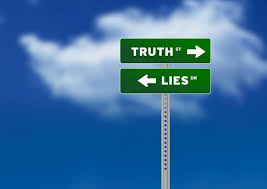
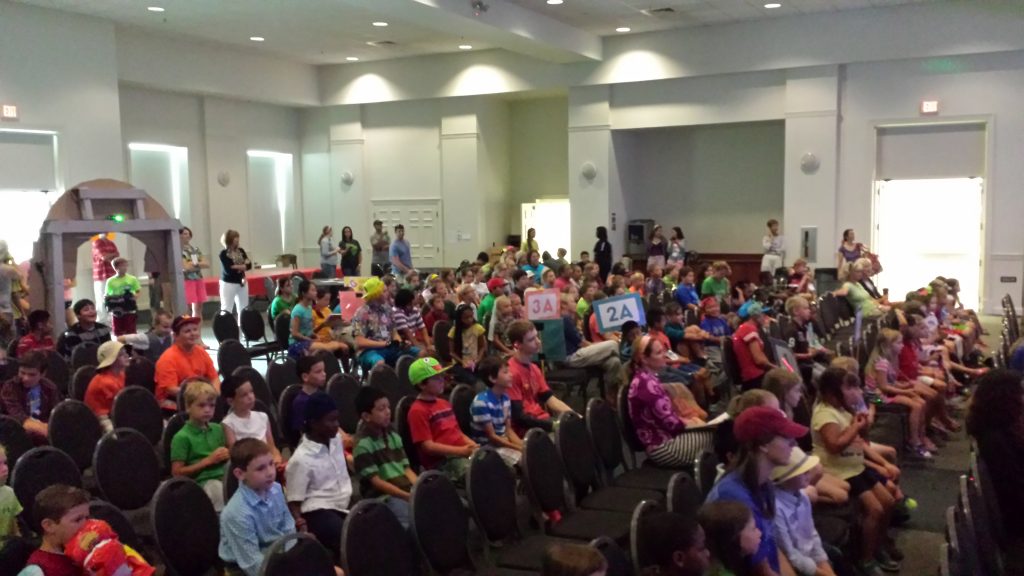

 h children in steadfast pursuit of the clues necessary for their “top-secret investigation” has been lots of fun indeed. Thanks to all of you who served so sacrificially to make it happen, right down to the “sidewalk soaking” event provided by our friends at the Paducah Fire Department. There’s nothing like going out with a splash!
h children in steadfast pursuit of the clues necessary for their “top-secret investigation” has been lots of fun indeed. Thanks to all of you who served so sacrificially to make it happen, right down to the “sidewalk soaking” event provided by our friends at the Paducah Fire Department. There’s nothing like going out with a splash!


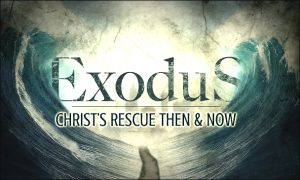
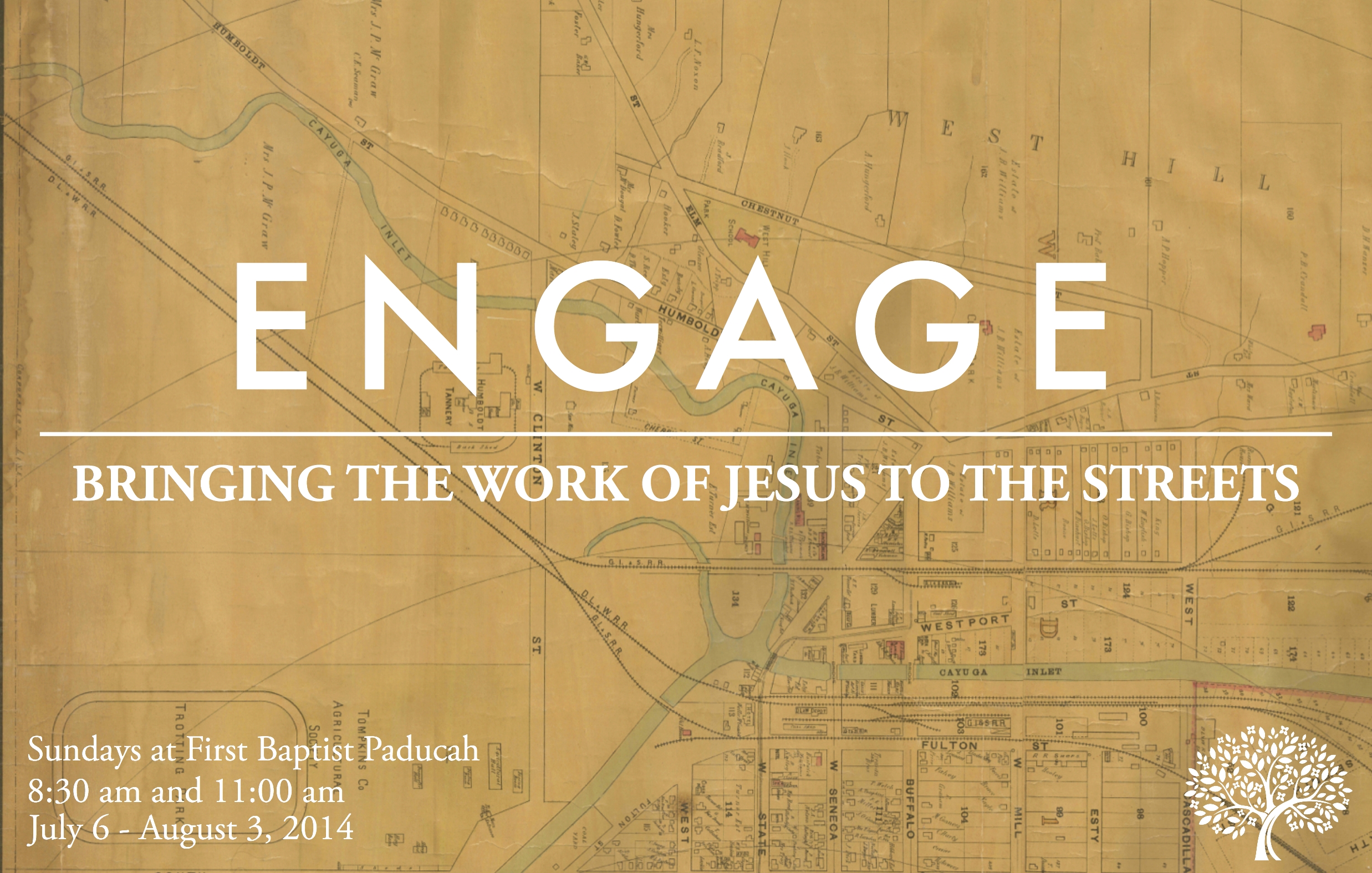
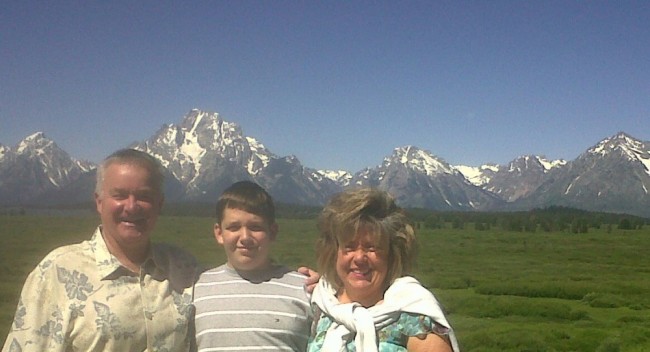



Recent Comments